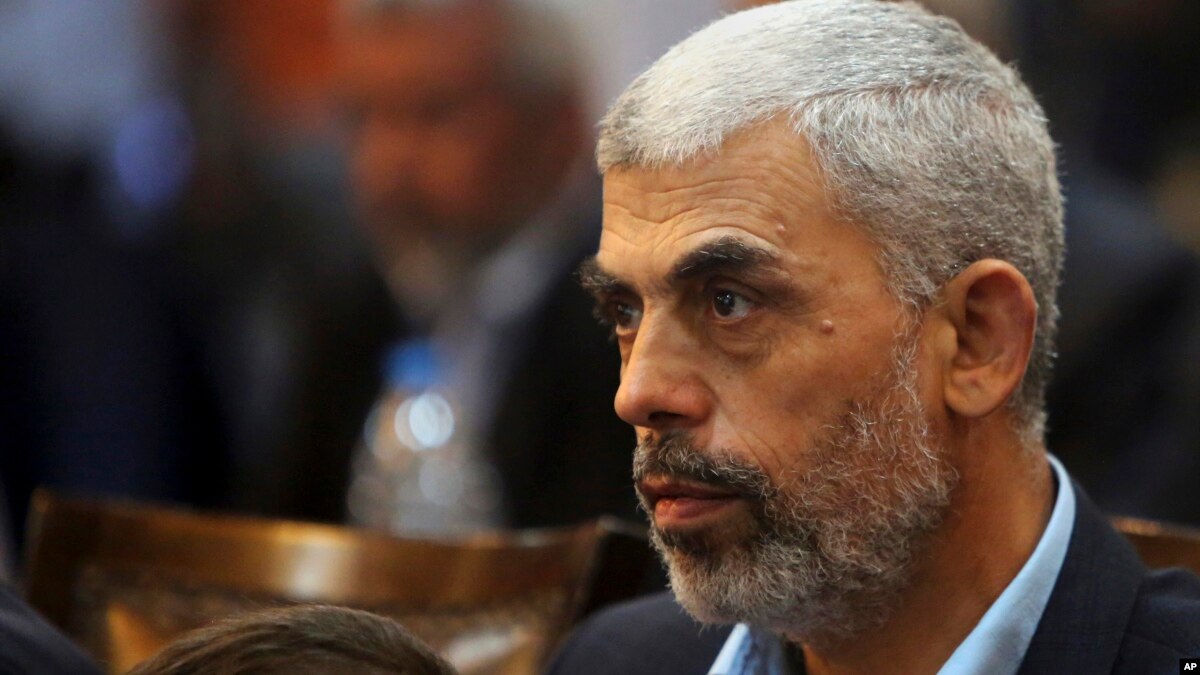
Hamas’ leader in Gaza left for talks with Egyptian officials Thursday after a new outbreak of violence, as the militant group accused Israel of slowing down the implementation of Egyptian-mediated understandings aimed at easing the situation in the Palestinian enclave.
The visit by Yehiyeh Sinwar to Cairo came hours after the Israeli military struck several Hamas sites in Gaza in response to incendiary balloons with explosives launched from the strip late Wednesday. After the airstrikes, Palestinian militants fired rockets at southern Israel. No injuries were reported on either side.
The brief flare-up marked the first Israeli strike in more than a month of relative calm that followed the unofficial deal. Egyptian mediators have been trying to reach a long-term cease-fire during the lull.
In a short statement, the Islamic militant group said that Sinwar will meet the director of Egypt’s general intelligence to discuss “ways of alleviating the suffering” of Gaza’s 2 million residents.
Hamas says Israel is not abiding by the deal. Under the agreement, Israel had expanded the permitted fishing zone off Gaza’s coast to 15 nautical miles, but scaled back the area to its previous limit of 9 miles this week after a Gaza rocket was fired.
Officials from Hamas, which has controlled Gaza by force since a 2007 coup, say Israel did not honor other commitments, such as allowing the transfer of Qatari money to Gaza’s cash-strapped public institutions and taking measures to further ease the territory’s grinding power shortages.
During the lull, Hamas kept weekly protests along the Gaza-Israel perimeter fence mostly restrained and suspended the more violent forms of protest, including arson balloons and nighttime skirmishes. Witnesses say balloons were launched again Wednesday.
Hamas started the demonstrations a year ago to highlight Gaza’s hardships more than a decade since Israel and Egypt blockaded the territory.
Over 200 Palestinians and an Israeli soldier were killed during the marches, which sometimes grew into brief cross-border exchanges of rockets and airstrikes.
Over the past decade, Hamas and Israel fought three deadly and destructive wars.
No comments:
Post a Comment